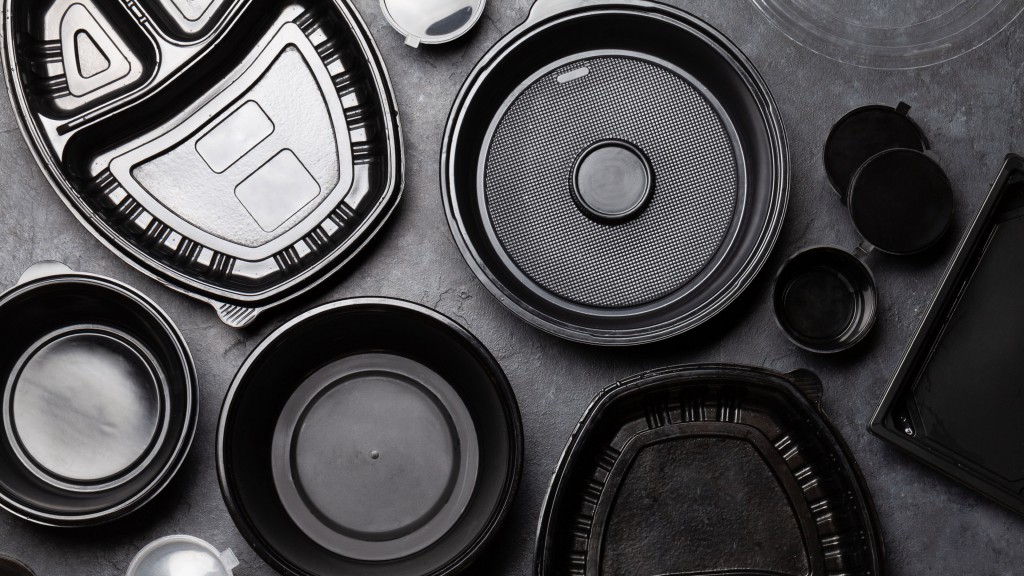TOMRA has unveiled a collaborative recycling ecosystem for injection-moulded black plastics.
Retility, a value-chain collaboration, was set up to effectively recycle materials from retired TOMRA reverse vending machines, while also providing access to quality recycled content for use in the production of new TOMRA technologies.
This ecosystem is open-access. Other manufacturers can utilize their abilities to increase the sustainability of their operations and reach their circularity targets.
Why do black plastics present a challenge?
Different plastic polymers are suited to different applications. While flexible compounds could be effective for making plastic bags, compounds with stronger structural qualities could be a better match for moulded items. But a blend of these compounds might not perform well in either application. This means that the composition of any polymer compound must be reliably documented to ensure it meets the needs of its specific application.
To enable this, sorting technologies are used to separate different polymer types from one another and keep material streams pure, meaning recyclers can be confident of the composition of material going in, and therefore coming out, of their recycling processes. For clear and coloured compounds, this is a common practice, but for black compounds, it's often a different story.
A common method for making plastic black is to mix it with carbon. Unfortunately, carbon black polymers are notoriously difficult to recycle as they are not recognized by many available sorting technologies, whereby different polymer compounds could be separated from one another. This issue is a barrier to keeping each polymer type's purity high enough to guarantee the desired physical properties are maintained in the new recycled compounds. As a result, carbon black polymers are typically sent for incineration.
Applications of black polymers are found overwhelmingly in computer and mobile technology, where up to 60 percent of the associated plastics are black, and the automotive industry, where around 90 percent of plastics are coloured black.
What makes this collaborative ecosystem special?
Working with the European Recycling Platform in Norway, TOMRA reverse vending machines are responsibly decommissioned at their end of life. During disassembly, a range of black plastic parts are pre-sorted by polymer type before being passed to Polykemi, an industrial plastics compounder, to be recycled in a quality-assured material stream. The fully-documented recycled content is sent to TOMRA's existing injection moulding partners to become new polymer parts.
This not only enables TOMRA to achieve full circularity across a range of polymer components found in its products but also provides an opportunity for other producers of black-plastic-based hardware to achieve the same.
"We encourage all relevant producers to join this ecosystem and join us in driving the Resource Revolution forward! We would be glad to offer our insight on this initiative and facilitate any necessary connections between stakeholders," said Marius Fraurud, head of TOMRA Collection.
"We hope that this initiative will result in a vast amount of valuable black plastic being diverted from incineration towards recycling, while unlocking greater access to recycled content for our peers across the technology and manufacturing industries," said Christina Ek, head of sustainability at TOMRA Collection. "At TOMRA, we have a saying that there is no such thing as waste. Retility is about putting that into practice. We are excited to explore even more opportunities to deliver on our product circularity goals."



